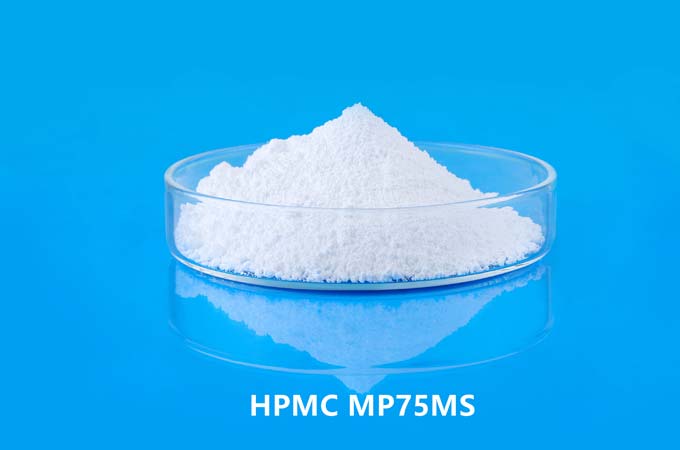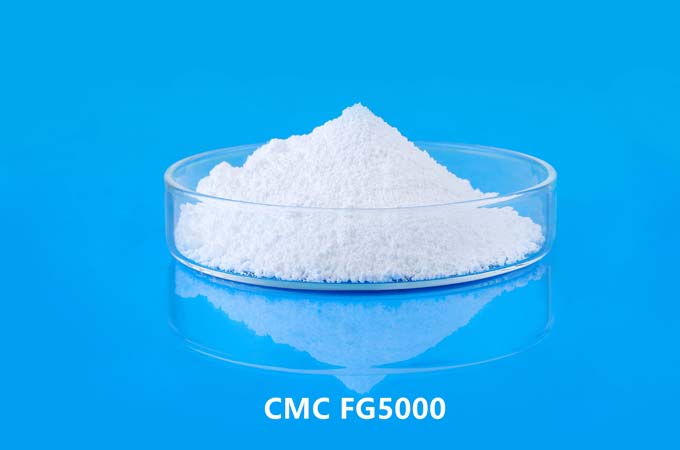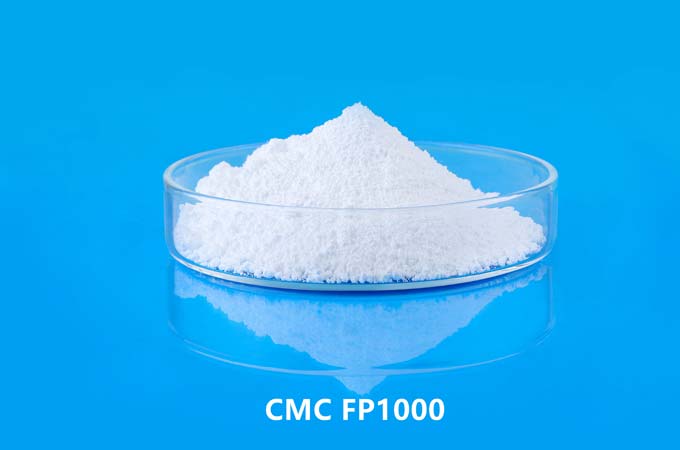Understanding Methylcellulose
1. Chemical Composition:
Methylcellulose is a derivative of cellulose, a polysaccharide found in the cell walls of plants. Through a series of chemical modifications involving the substitution of hydroxyl groups with methyl groups, cellulose transforms into methylcellulose. This alteration imparts unique properties to the compound, making it soluble in cold water and forming a viscous solution.
2. Viscosity Enhancement:
When methylcellulose is dissolved in water, it undergoes hydration, wherein water molecules interact with the hydrophilic regions of the compound. This hydration process causes the methylcellulose molecules to expand and align, leading to the formation of a gel-like network within the solution. The entanglement of these polymer chains and the formation of hydrogen bonds between them contribute to increased viscosity.
3. Temperature Dependence:
One notable characteristic of methylcellulose is its responsiveness to temperature changes. At lower temperatures, the viscosity of methylcellulose solutions tends to be higher due to increased polymer chain entanglement and hydrogen bonding. However, as the temperature rises, the polymer chains undergo a conformational change, causing the gel network to weaken and the viscosity to decrease. This property makes methylcellulose particularly useful in applications where temperature control is essential, such as in food products and pharmaceutical formulations.
Applications of Methylcellulose
1. Food Industry:
Methylcellulose finds widespread use in the food industry as a thickening agent, stabilizer, and emulsifier. It is commonly added to sauces, dressings, desserts, and dairy products to improve texture, mouthfeel, and shelf stability. In gluten-free baking, methylcellulose can mimic the binding properties of gluten, enhancing the structure of baked goods.
2. Pharmaceutical Formulations:
In pharmaceuticals, methylcellulose serves as an excipient in tablet formulations, where it helps control the release of active ingredients and improve tablet disintegration properties. Additionally, it is utilized in ophthalmic solutions and topical formulations to increase viscosity, prolong contact time, and enhance drug delivery.
3. Construction and Cosmetics:
Methylcellulose is employed in construction materials such as plaster, mortar, and grout to improve workability and adhesion. In cosmetics, it is found in various products such as creams, lotions, and shampoos, where it acts as a thickener and stabilizer, imparting desired consistency and texture.
methylcellulose is a versatile compound known for its ability to increase viscosity when dissolved in water. Through hydration and the formation of a gel-like network, methylcellulose imparts desirable rheological properties to solutions, making it invaluable across diverse industries including food, pharmaceuticals, construction, and cosmetics. Its temperature-sensitive behavior further enhances its utility in applications requiring precise control over viscosity. As research and technology continue to advance, the utilization of methylcellulose is likely to expand, offering innovative solutions to complex formulation challenges.
 English
English 日本語
日本語 français
français Deutsch
Deutsch Español
Español italiano
italiano русский
русский português
português العربية
العربية Türkçe
Türkçe Nederland
Nederland



